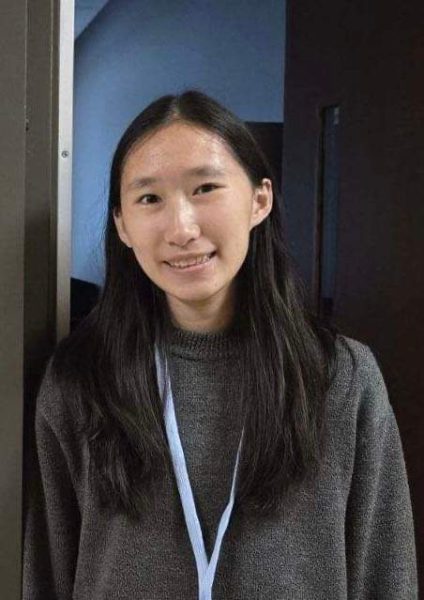Discussing the 2022 LHS Science Fair with Junu Lee
March 30, 2023
Every year, the Lexington High School Science Department holds a school-wide science fair that allows students to pursue independent research projects based on their interests.
“The Lexington High School science fair is always the week before February vacation. That allows students that qualify to advance to the state science fair and go from there,” Reginald Hobbs, the LHS science department head, said.
Last year, Junu Lee went on to qualify for the state fair and the Regeneron International Science and Engineering Fair (ISEF), which took place in Dallas, Texas. Regeneron ISEF is one of the world’s largest high school STEM competitions, and students worldwide participate.
“Once I got to the international stage, it was really eye opening and also really humbling at the same time, because you have people from all over the world doing all different types of projects, and they’re all in high school, but they’re doing it at a graduate level,” Lee said.
Though LHS has held a science fair for many years, several major changes have occurred. In previous years, all students who took an Advanced Placement (AP) science course were required to participate in the science fair to showcase evidence of their independent research. However, the Science Department has removed this requirement and instead made it an optional project.
“I think we were at a max of 400-500 [participants] at one point. But now, I think in a given year, we’re between 30 and 50 participants and 20 to 30 projects,” Hobbs said.
A decrease in the number of participants may have been influenced by the amount of dedication required to complete an independent research project.
“If I were to estimate, my first project took 400 plus hours. It’s a daily commitment, adding on a little by little onto your project every day. Obviously, for most people doing science fair, to get a completed project, you don’t have to put in that many hours, but to go to a depth that you think you’d do well in a competition you have to put in that much work,” Lee said.
Although completing a well-crafted project for the science fair takes a lot of hard work, the effort pays off in the long run by providing students with opportunities to explore diverse topics in science.
“I think the goal is to provide students an opportunity to do independent research, to explore something that they have an interest or a passion [in]. For me, the best part of the whole process and the paperwork, is the excitement that our participants have in presenting their work,” Hobbs said.
This year, the science fair took place on Feb. 15, and students were satisfied presenting their research projects.
“It’s really fulfilling to see a project go from start to finish and knowing that you worked your hardest on it, so I think the sense of fulfillment that comes with finishing a project that you started is the best feeling,” Lee said.

